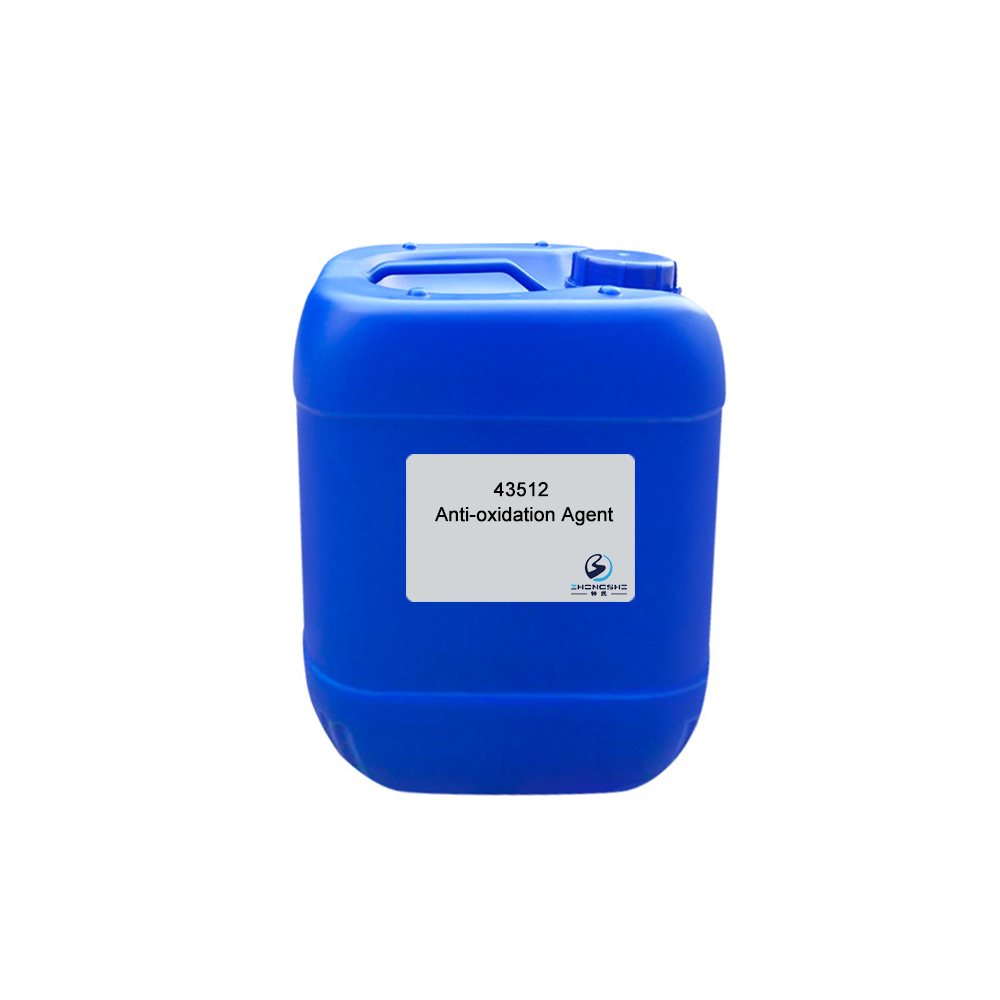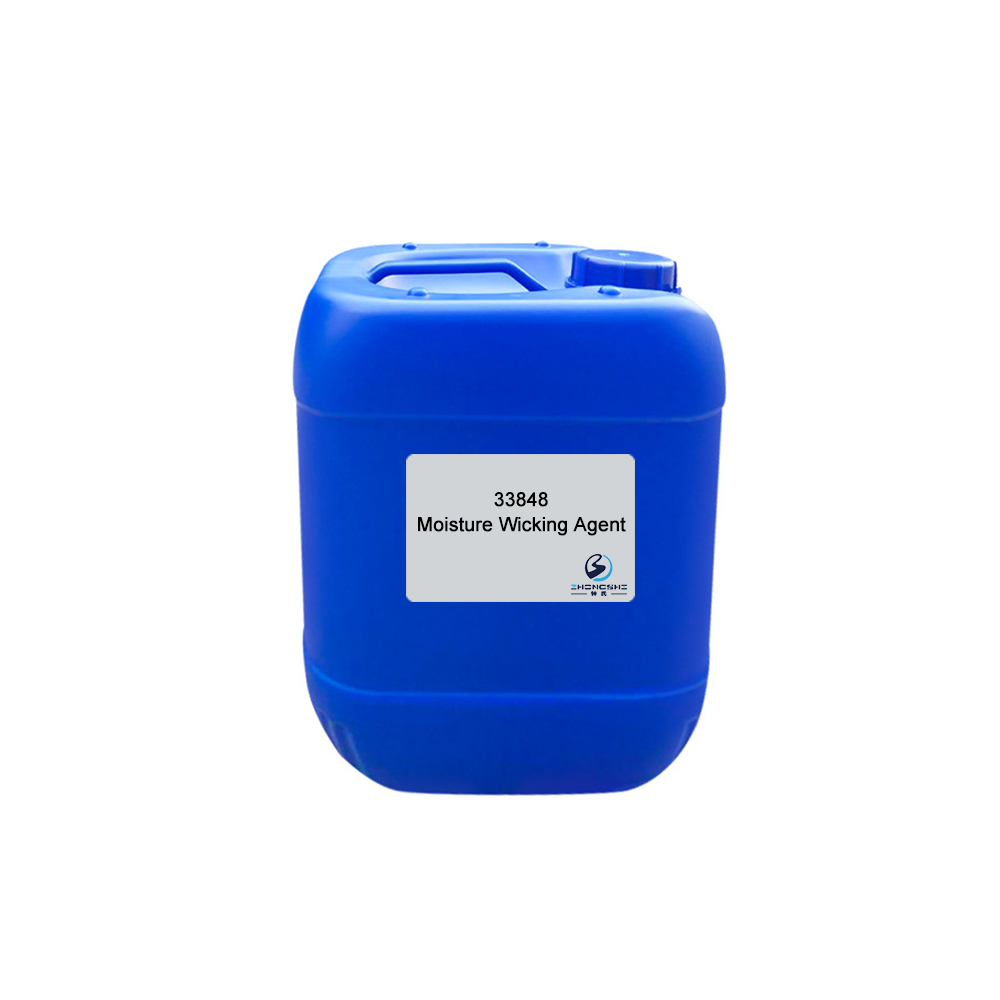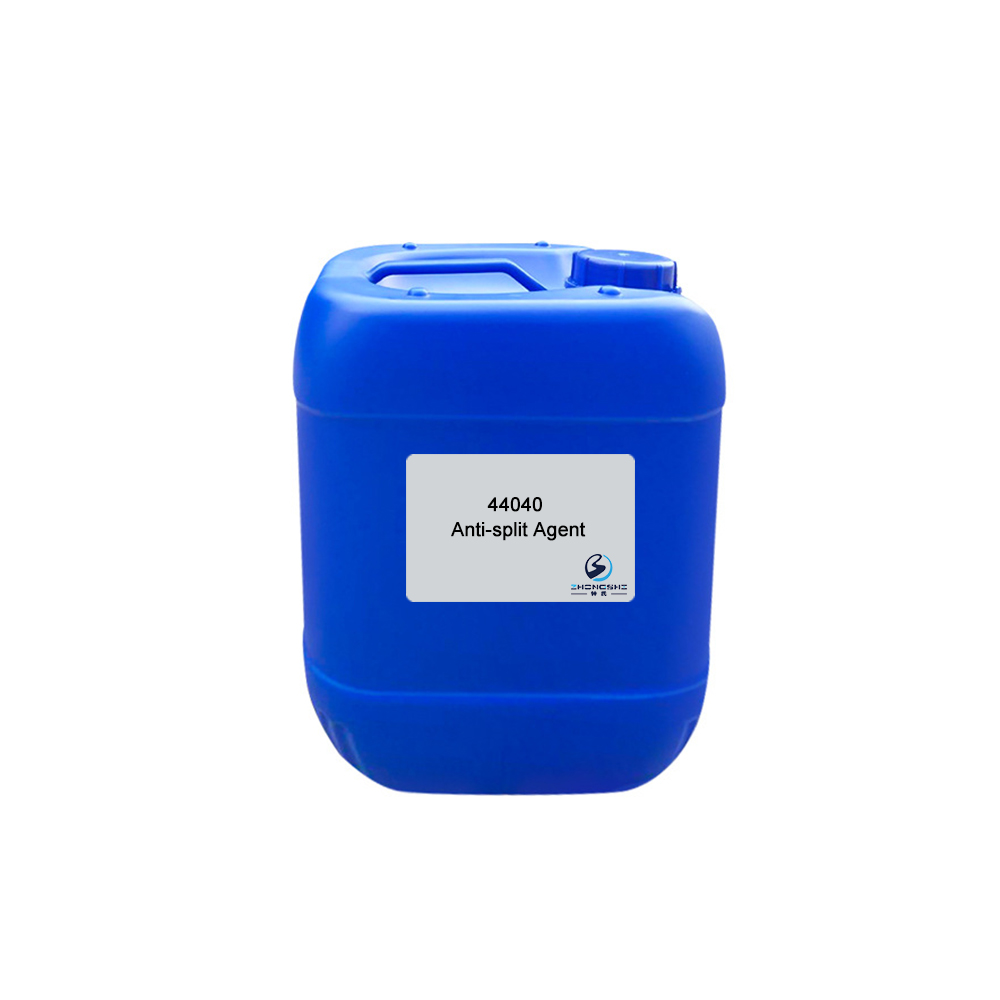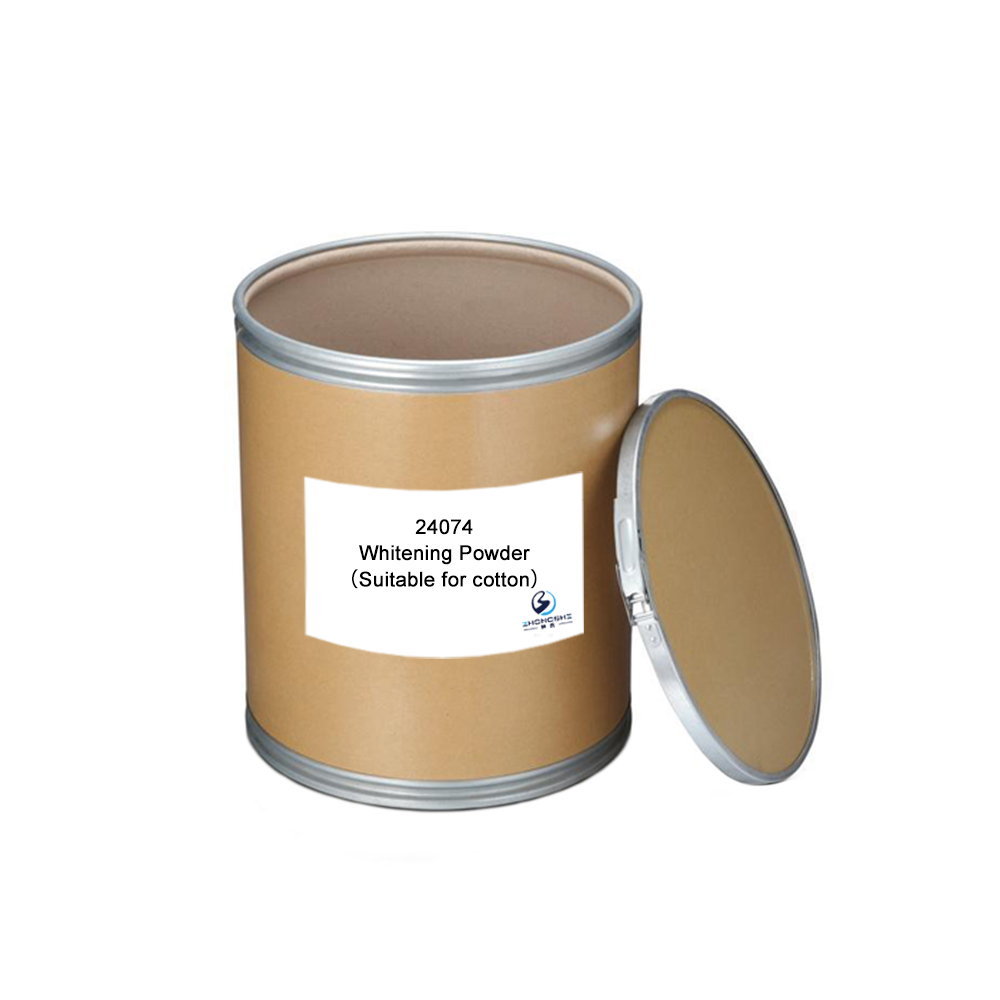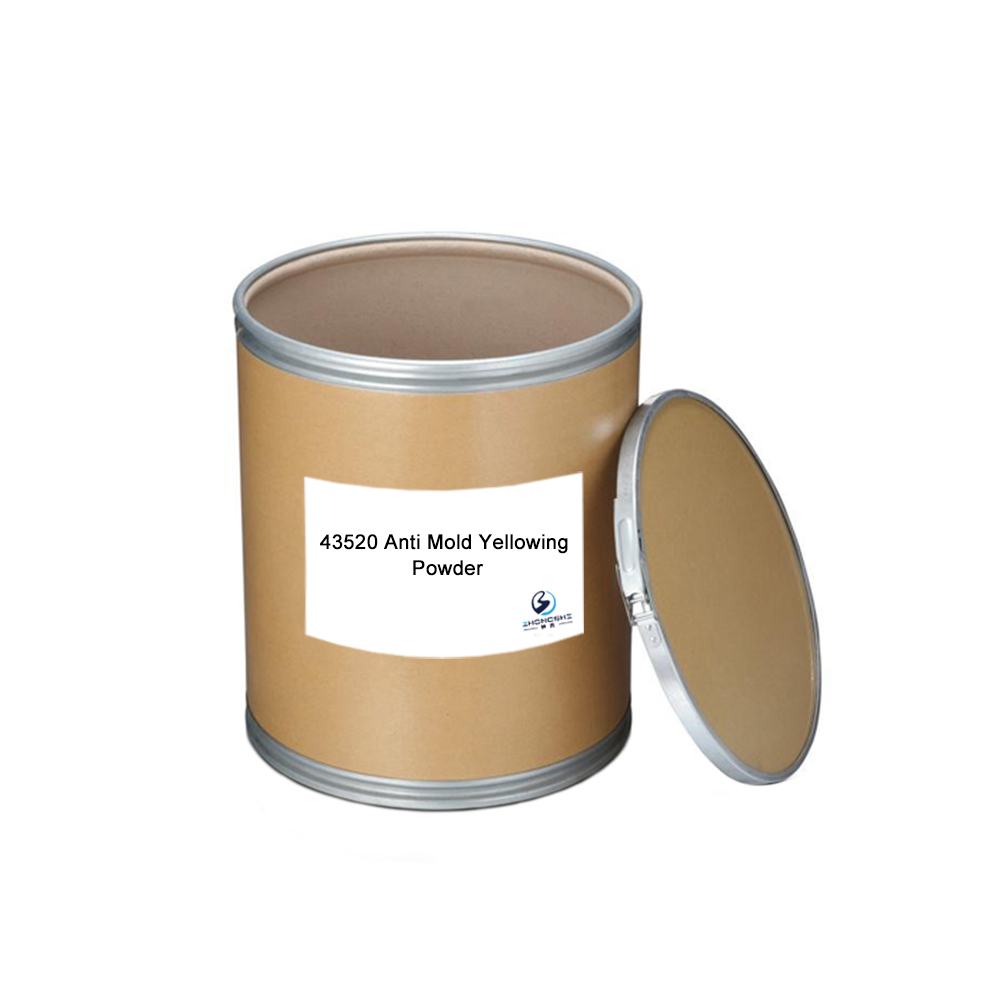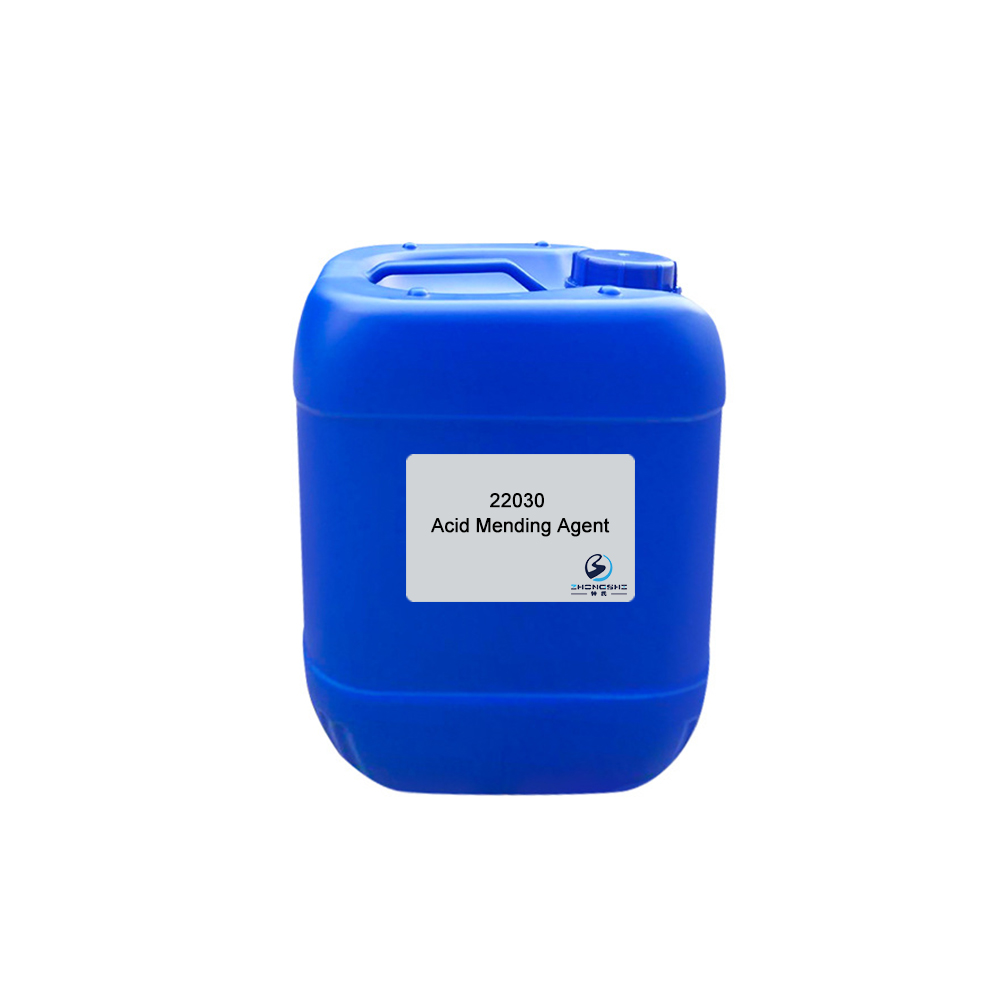Bottom price Wool Chemical - 45506 Water-proofing Agent – Innovative
Bottom price Wool Chemical - 45506 Water-proofing Agent – Innovative Detail:
Features & Benefits
- Excellent washable property and resistance to dry cleaning.
- Imparts fabrics water repellency, oil repellency and fouling repellency.
- Keeps water-proofing, oil-proof and anti-staining effect after household washing and drying.
Typical Properties
| Appearance: | Beige emulsion |
| Ionicity: | Anionic/ Nonionic |
| pH value: | 6.5±1.0 (1% aqueous solution) |
| Solubility: | Soluble in water |
| Content: | 5~6% |
| Application: | Various kinds of fabrics |
Package
120kg plastic barrel, IBC tank & customized package available for selection
TIPS:
Antishrink finishing
Cotton fabric is very popular choice for manufacturing apparel for various reasons: it is durable and can withstand a rough laundering treatment, especially under alkaline conditions; it has good perspiration and absorption characteristics; it is comfortable to wear; and it is able to take on a wide range of dyes. But the main problem with cotton fabric is shrinkage during washing or laundering. Shrinkage is an undesirable property of apparel, so in order to manufacture high-quality clothing, shrink-resistant fabric should be used.
However, there are fabrics which are more naturally resistant to shrinking. Synthetic fibers such as polyester or nylon are typically less prone to shrinking than others, although they are not 100% shrink-proof. It helps if they are washed and preshrunk, which helps further boost their resistance to future shrinking. The more synthetic fibers there are in a garment, the less likely it is to shrink.
Cellulosic fibers are not as easily stabilized as thermoplastic synthetics, because they cannot be heatset to attain stability. Also, synthetic fibers do not exhibit the swelling/deswelling scenario that cotton exhibits. However, the comfort and overall appeal of cotton has resulted in a greater demand for dimensional stability by both the consumer and the textile industry. The relaxation of fabrics made with cotton fibers, therefore, requires either mechanical and/or chemical means for stabilization.
Much of a fabric’s residual shrinkage is the result of the tension applied to the fabric during wet processing. Some woven fabrics will shrink both in width and length during preparation and dyeing. These fabrics must be pulled out in order to maintain width and yardage yields, and the stress causes residual shrinkage. Knit fabrics are inherently wrinkle resistant; however, some are pulled out to a width wider than the fabric’s knitted gauge, which also adds to residual shrinkage. Much of the stress-induced shrinkage can be eliminated by mechanically compacting the fabric. Compacting will result in reduced yardage yields, and cross-linking also reduces fabric shrinkage. A good resin finish will stabilize the fabric and reduce the residual shrinkage to less than 2%. The degree of stabilization required by chemical finishes will depend on the fabric’s previous history.
Product detail pictures:
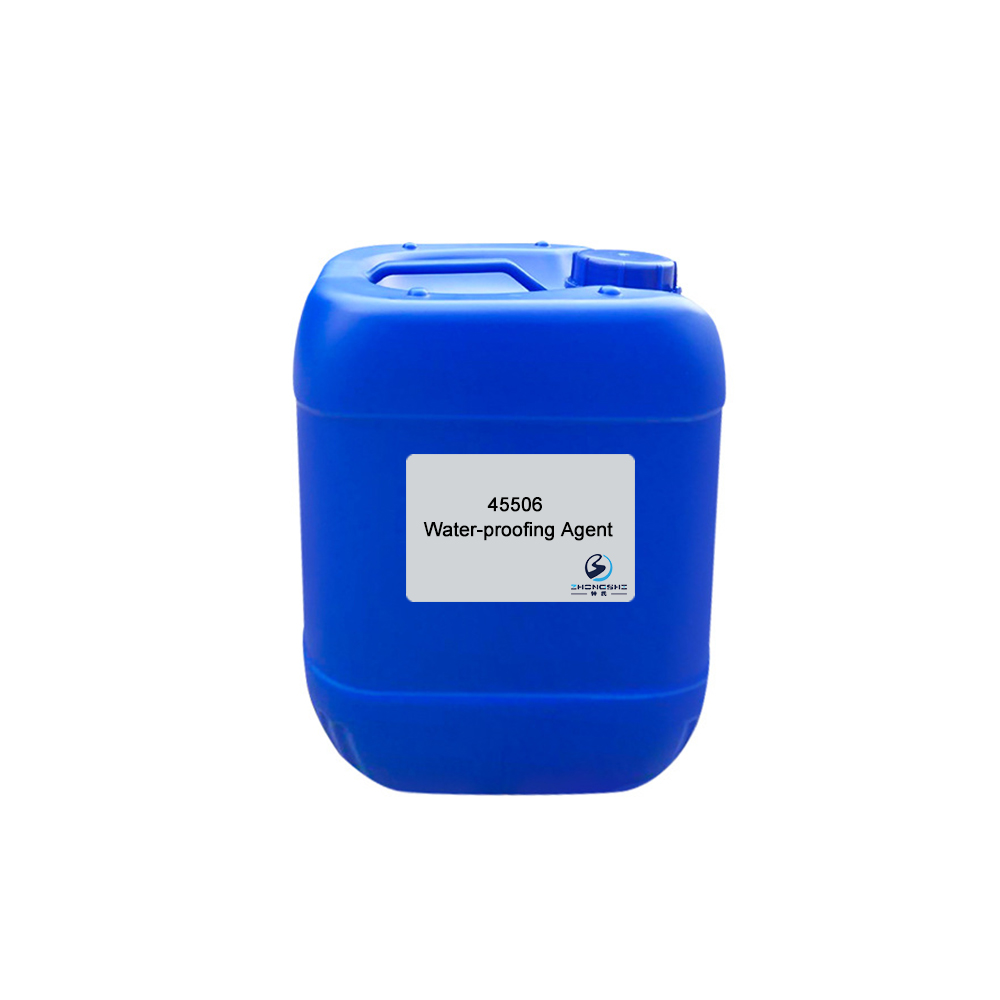
Related Product Guide:
Scouring & Degreasing Agent is used to remove impurities, dirt, residual sizing agent in natural fibers (cotton, wool, flax, silk) or to remove the spinning oil and sizing agent, etc. in synthetic fibers. Bottom price Wool Chemical - 45506 Water-proofing Agent – Innovative , The product will supply to all over the world, such as: Cairo, British, Cambodia, Includes: hydrophilic silicone oil, block silicone oil, acrylic fiber silicone oil, plump silicone oil, mercerizing silicone oil, smooth & dry silicone oil, high concentration silicone oil, super soft silicone oil, brightening and deepening silicone oil and dust-free silicone oil, etc.
Staff is skilled, well-equipped, process is specification, products meet the requirements and delivery is guaranteed, a best partner!


